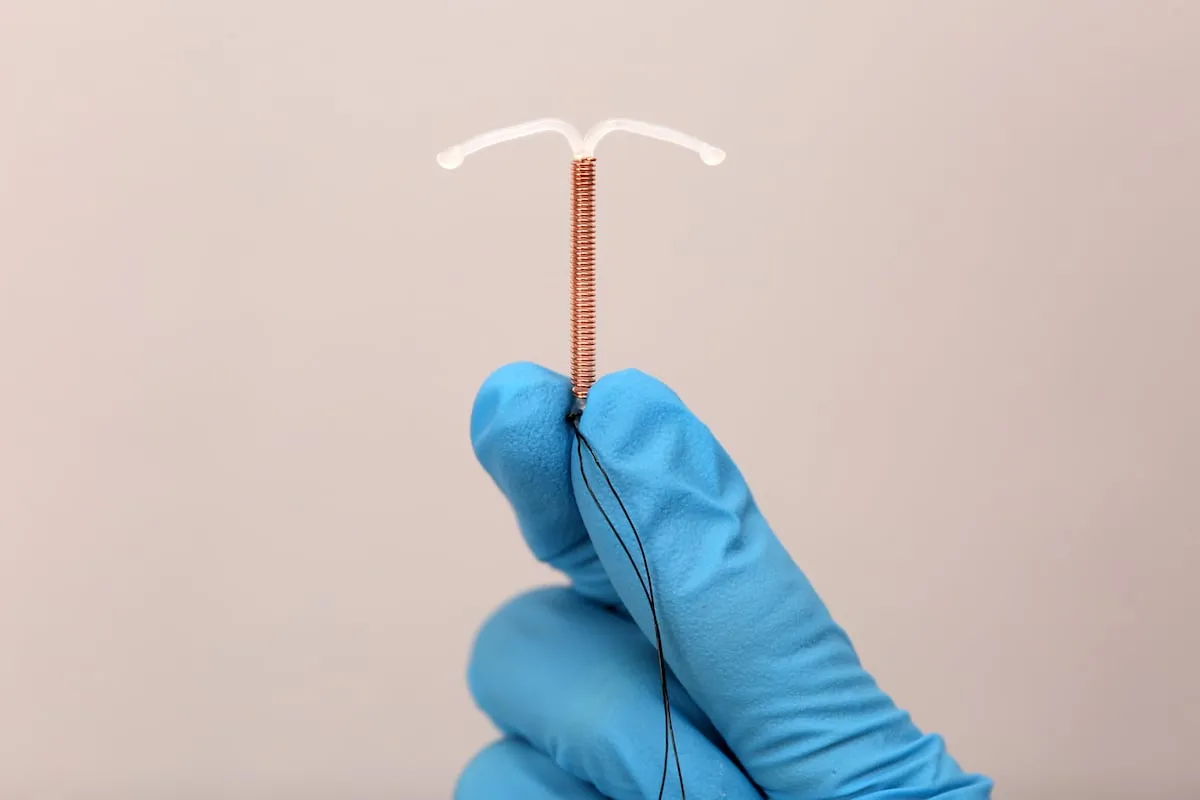Breast Cancer Risk Linked to Hormonal IUDs: Insights for Women's Health

Breast Cancer Risk Linked to IUDs
FRIDAY, Oct. 18, 2024 (HealthDay News) -- Recent research published in the Journal of the American Medical Association reveals that women using hormonal intrauterine devices (IUDs) may face a 40% higher chance of being diagnosed with breast cancer. The study, which examined data from 150,000 Danish women, found that while the risk increased, the overall likelihood of developing breast cancer remained low. Specifically, the findings indicated an additional 14 breast cancer cases for every 10,000 women using IUDs. Importantly, the study noted that this increased risk does not correlate with the length of IUD usage.
Expert Opinions on IUD Use
Experts said that women using an IUD shouldn't be alarmed by the new findings. “It’s normal for people to see studies like this and feel panicked or worried, because an increase in risk of developing any kind of cancer is worrisome,” Kelsey Hampton, director of mission communications and education for the Susan G. Komen Breast Cancer Foundation, told CNN. “We don’t want people to see this data and feel fear,” Hampton added. “We want them to know that this is just more evidence and more information that they can use to have an educated conversation with their doctor.”
Another expert was even more emphatic. The benefits of IUD use far outweigh the risks, Dr. Eleanor Bimla Schwarz, a professor of medicine at the University of California, San Francisco, told CNN, and the new study shouldn’t change the way women think about their contraception choices. “It reports a very small, one-in-a-thousand risk of being diagnosed with breast cancer, which is not the same as dying of breast cancer,” said Schwarz, who is also chief of general internal medicine at the San Francisco General Hospital. “That risk is really lower than many other everyday risks that women frequently take that have an impact on their breast cancer risk.”
The Importance of Regarding Breast Cancer Risk
Earlier research has unearthed similar links between hormonal birth control and breast cancer, CNN reported, and the findings are on par with the increased breast cancer risk seen with oral contraceptive pills. According to data from the U.S. Centers for Disease Control and Prevention, more than 10% of U.S. women between the ages of 15 and 49 use an IUD or other forms of long-acting reversible contraception, while about 14% use the pill. Meanwhile, a report published this month by the American Cancer Society showed that breast cancer deaths in the United States have been falling -- but new diagnoses have been rising faster among women under the age of 50.
That emphasizes the need for conversations about breast cancer risk to start early, Hampton said. “When you’re making health care decisions, such as choosing what kind of birth control is right for you, that is a great opportunity to talk about your greater breast cancer risk at large,” she explained. Schwarz noted the goal is to keep these conversations ongoing.
This article was prepared using information from open sources in accordance with the principles of Ethical Policy. The editorial team is not responsible for absolute accuracy, as it relies on data from the sources referenced.